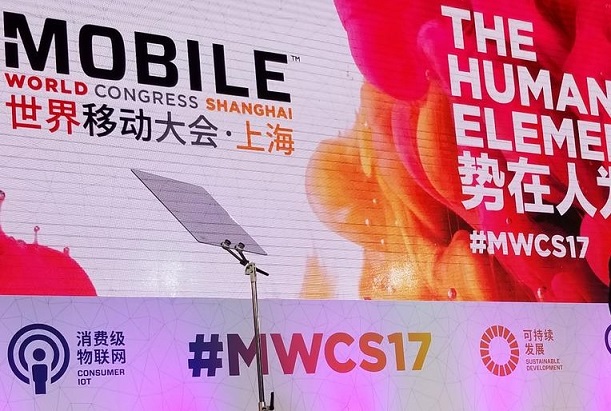5G was in the spotlight at Mobile World Congress Shanghai this week, as vendors Nokia and Huawei showcased new innovations.
One Nokia demo, working with China Mobile, focused on the use of 5G network slicing in emergency services.
Using Nokia’s 5G FIRST solution, the trial simulated communications between ambulance and hospital staff as an emergency patient is being transported. The demonstration included the transmission of images such as patient X-rays as well as video.
The vendor also demonstrated how LTE can deliver performance approaching that of 5G. Using 4.9G technology, the vendor reduced latency to under 2ms, close to the sub-1ms latency that is anticipated from the next generation of cellular technology.
The trial used the Nokia AirScale base station, which allows operators to support both 4.9G and 5G technology in a single unit to maximise speed and capacity.
Elsewhere at the show, China Mobile partnered with Huawei to jointly showcase a 5G core network prototype on Huawei’s service-based architecture, which implements some principles of a cloud-native network to allow services to be launched more quickly on 5G.
The SBA defines core network functions as loosely coupled, combinable services that can be flexibly scheduled based on standard interface protocols.
Shi Jilin, Vice President of Huawei’s Cloud Core Network Product Line, said: “The service-based architecture makes services available to functions, interfaces, and operations. It also enables carriers to develop more services and quickly respond to service demand.”
Huawei and China Mobile also demonstrated 5G-based remote driving with a smart consumer car, the iGS, from SAIC Motor.
The demonstration used the C-band, which uses 3.7-4.2GHz for downlink and 5.9-6.4Ghz for uplink, to show high-bandwidth, low-latency connectivity.
In the test, the driver was located over 30km from the vehicle. HD video cameras installed in the vehicle sent multiple real-time HD video feeds to the driver, providing him with a 240-degree view of the vehicle’s surroundings over 5G.
Huawei provided the 5G wireless solution while China Mobile provided the connectivity.
The vendor recently carried out another 5G test at the Tokyo Bay Summit with NTT DOCOMO, which tested transmission in the 39GHz mmWave band.
The field test, focusing on a three-way 4K video conference, achieved up to 2km range with peak throughput of 1GBps for a single user.



